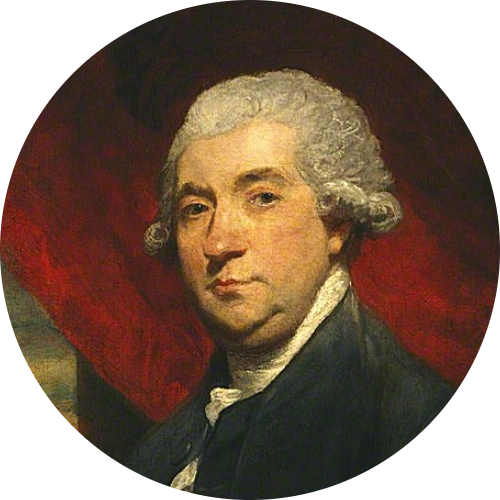Gaelic poet, who was also Innkeeper at Anoch near Glenmoriston at least during the 1770s and 1780s.1
According to a footnote in an edition of Journal of a Tour to the Hebrides published in 1860, "Macqueen was a gentleman of the old Highland stamp, who considered himself a public benefactor by condescending to keep a change-house. He was married to a laird's daughter, and could both read Latin and write Celtic poetry. He was famous in the glen for his ready wit and his talent at telling a story or rehearsing a legend. Still he kept a sharp eye on the main chance; and he grumbled because his farm was too dear. He paid twenty pounds of rent; and he told Johnson that he kept one hundred sheep, as many goats, twelve milch cows, and twenty-eight beeves, ready for the drover. He had also a coonsiderable range of hill-ground, capable of grazing from fifty to sixty cattle in summer; and it was generally let to the low-country farmes about Inverness and Nainshire. In addition to the land he had the advantage of the inn - not great, perhaps, yet the road through Glenmoriston was the main artery of communication with the West Highlands and islands, and the inn at Anoch was a drovestance oor resting-place for the cattle going south from Skye. [...] He lived at Anoch fifteen years after his entertainment of the olla Sassenach, or jolly Englishman, as he used to call Johnson. He then removed to Dalcataig, another farm in the neighbourhood, and survived till past ninety. His pretty daughter, who made tea for the travellers, became Mrs. Mackintosh, wife of a watchmaker in Morayshire, and died without issue."2
Boswell and Dr Johnson arrived at Macqueen's inn at Glenmoriston in the afternoon of August 31, 1773, having left Fort Augustus around noon the same day.
Boswell wrote of Macqueen that he was "a sensible fellow [...] who had learnt his grammar" and that "his pride seemed to be much picqued that we were surprised at his having books." They also talked with him about the rent of the lands, and about emigrating to America. On the next day, Boswell "awaked very early. I began to imagine that the landlord, being about to emigrate, might murder us to get our money and lay it upon the soldiers in the barn."3 As they continued their journey, Macqueen walked with them for a few miles, telling them about how he "had joined Prince Charles at Fort Augustus, and continued in the Highland army till after the battle of Culloden", the tale of which made Boswell burst into tears. In Boswell's own words, "There is a certain association of ideas in my mind upon that subject, by which I am strongly affected. The very Highland names, or the sound of a bagpipe, will stir my blood and fill me with a mixture of melancholy, and respect for courage; and pity for an unfortunate [probably a coded reference to Prince Charles, ed.], and superstitious regard for antiquity; and inclination for war without thought; and, in short, with a crowd of sensations."
